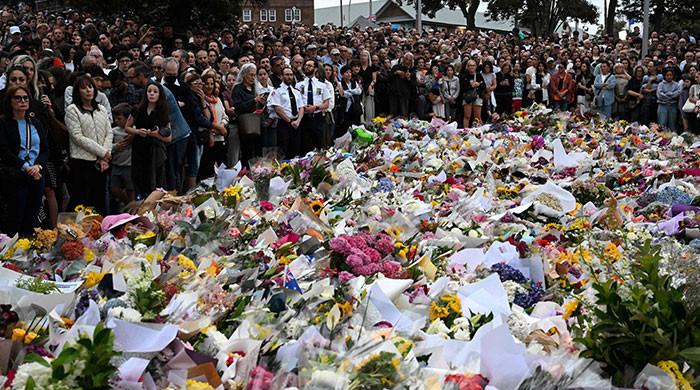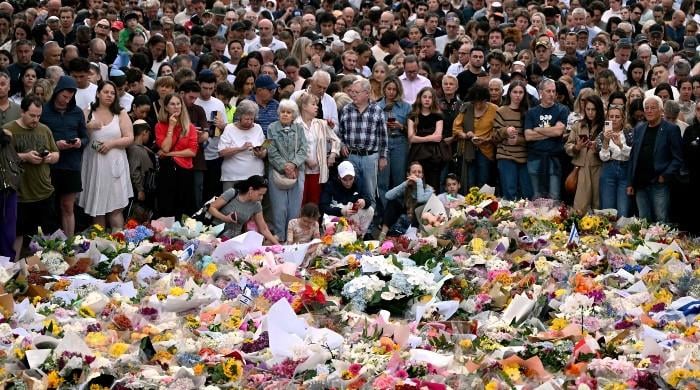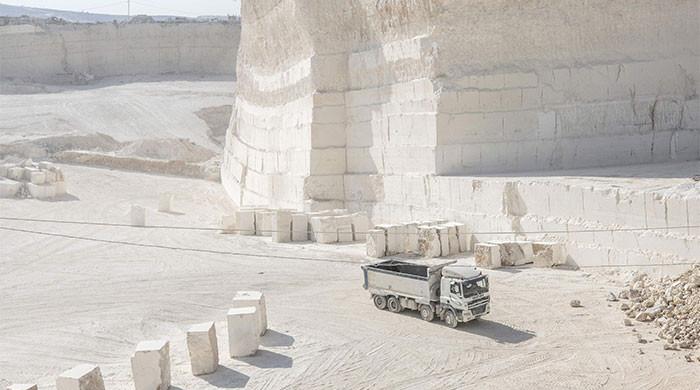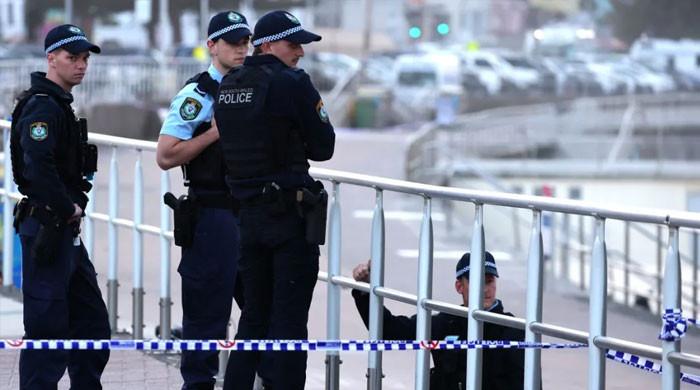Taliban take control of 6th Afghan provincial capital as US troops withdraw
Taliban had taken over three provincial capitals over the weekend
August 09, 2021
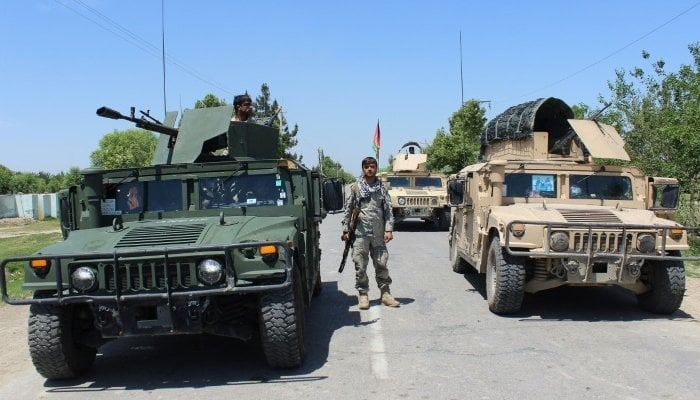
- Taliban gain spark recriminations over US pullout.
- Germany rejects calls for its soldiers to return.
- Radio station manager killed in Kabul.
KABUL: Taliban have taken control of the sixth provincial Afghan capital on Monday, a lawmaker said, after ousting Afghan security forces from border towns and trade routes as US-led foreign forces pull out.
The Taliban, fighting to reimpose rule after their 2001 ouster, have stepped up their campaign to defeat the government as foreign forces withdraw after 20 years of war.
On Monday, they took Aybak, the capital of the northern province of Samangan.
"Right now the Taliban are fighting with Afghan forces to capture the police headquarters and compound of the provincial governor," said Ziauddin Zia, a lawmaker in Aybak. "Several parts of the capital have fallen to the Taliban."
The Taliban took three provincial capitals over the weekend — Zaranj, the capital of the southern province of Nimroz, Sar-e-Pul, the capital of the northern province of the same name, and Taloqan, the capital of northeastern Takhar province.
They had already taken the northern provincial capital of Kunduz and Lashkar Gah, capital of southwestern Helmand province.
The Taliban gains have sparked recriminations over the withdrawal of foreign forces. British Defence Secretary Ben Wallace told the Daily Mail that the accord struck last year between the United States and the Taliban was a "rotten deal".
Wallace said his government had asked some NATO allies to keep their troops in Afghanistan once the US troops departed, but failed to garner enough support.
"Some said they were keen, but their parliaments weren’t. It became apparent pretty quickly that without the United States as the framework nation it had been, these options were closed off," Wallace said.
Germany's defence minister rejected calls for its soldiers to return to Afghanistan after the Taliban took Kunduz where German troops were deployed for a decade.
Afghan commandoes had launched a counter-attack to try to beat back Taliban fighters who overran Kunduz, with residents fleeing the conflict describing the almost constant sound of gunfire and explosions.
A Taliban spokesman warned the United States on Sunday against intervening following US airstrikes to support beleaguered Afghan government forces. The United States has vowed to pull out most troops by the end of the month, ending its longest war.
Families flee
In Kunduz, many desperate families, some with young children and pregnant women, abandoned their homes, hoping to reach the relative safety of Kabul, 315 kilometres (200 miles) to the south — a drive that would normally take around ten hours.
Ghulam Rasool, an engineer, was trying to hire a bus to get his family to the capital as the sound of gunfire reverberated through the streets of his hometown.
"We may just be forced to walk till Kabul, but we are not sure if we could be killed on the way ...ground clashes were not just stopping even for 10 minutes," Rasool told Reuters.
He and several other residents, and a security official, said Afghan commandoes had launched an operation to clear the group from Kunduz.
Thousands were trying to enter Kabul, even after the city has witnessed attacks in diplomatic districts.
Over the weekend, the group also occupied government buildings in the northern provincial capital of Sar-e-Pul, driving officials out of the main city to a nearby military base, Mohammad Noor Rahmani, a provincial council member, said.
On Sunday evening, Ashraf Ayni, a representative in parliament for Takhar province, said its capital, Taloqan, had fallen to the Taliban who had freed prisoners.
Speaking to Al-Jazeera TV on Sunday, Taliban spokesman Muhammad Naeem Wardak warned the United States against further intervention to support government forces.




